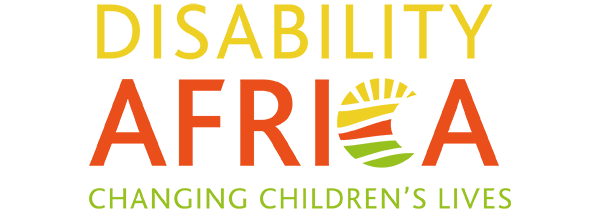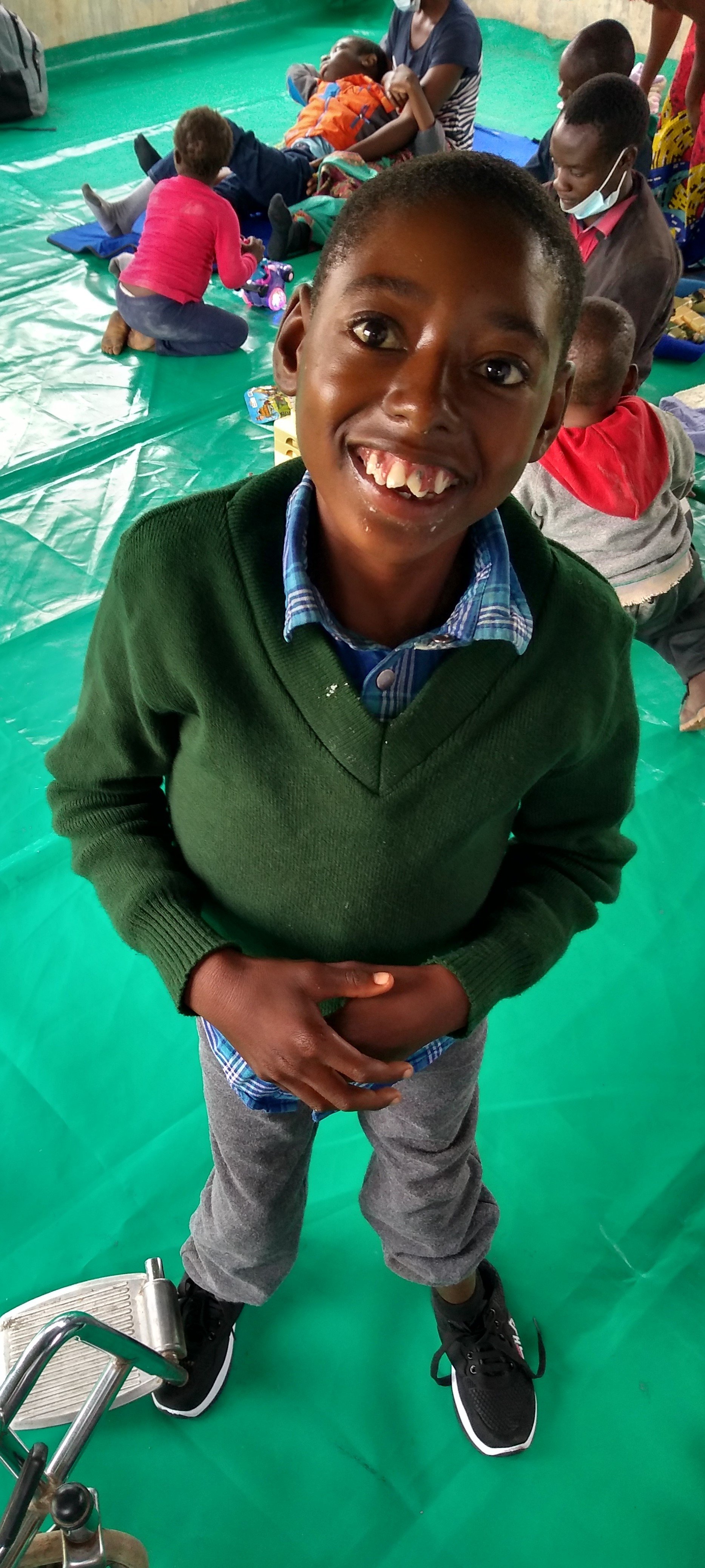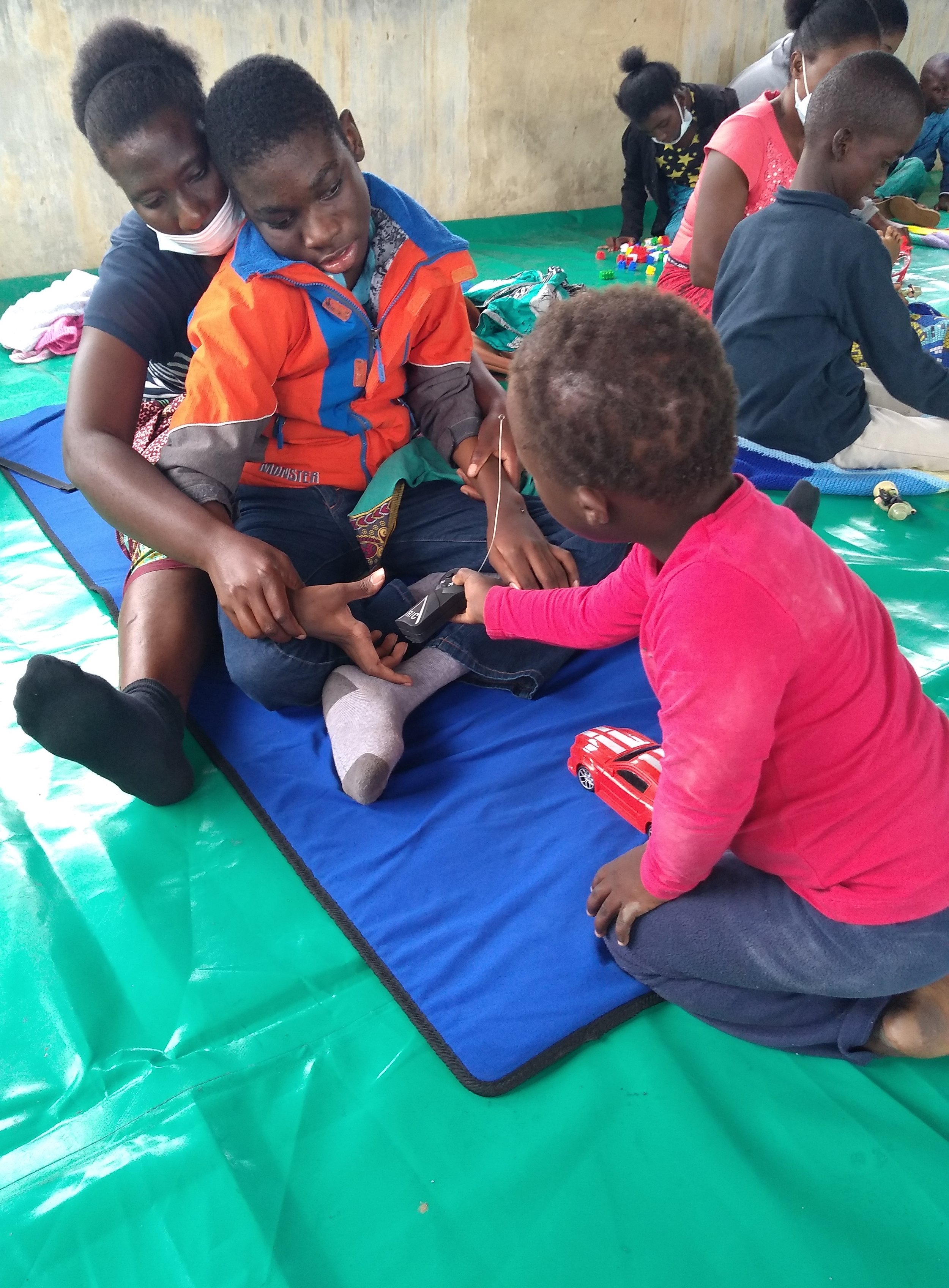Zambia - The Kawama Inclusion Project
The Kawama Inclusion Project (KIP) was started in 2015 in the area of Kawama, based in the outskirts of Ndola, the ‘second city’ of Zambia in the Copperbelt.
Set within a “peri-urban” context within the outskirts of Ndola, the majority of the population on Kawama rely on small scale subsistence farming. Prior to the Kawama Inclusion Project’s development, there was no existing support for disabled children or their families, and community members reported the immense suffering and struggle that they endured in order to care for their children.
The Kawama Inclusion Project recently extended it’s provision to 5 days a week, to meet the needs of a growing waiting lists and requests for further support from the local community. We now support over 50 children and their families every week at our playscheme, giving an unprecedented level of support to families of disabled children in the local area.
THE Playscheme
Our playschemes instantaneously ends a child’s isolation and reduce risk of harm. The Kawama Inclusion Project delivers a wonderful playscheme out of a purpose built play space. The children here enjoy a wide range of creative, group and individual play activities, delivered by a close knit team of locally recruited playworkers. The playscheme also acts as a hub, where local staff assess, and then deliver, essential services- all in a child focussed, non-institutional environment. Playschemes also give parents, especially mums and sisters, breaks from caring or time to pursue their own education or employment, helping alleviate poverty. This sort of work is unprecedented in Kawama, but there is a long way to go to reach every child and family that needs support.
The Kawama Inclusion Project team
Medical support
The Kawama Inclusion Project delivers essential medical support. Our playschemes provide a friendly space to assess the care that disabled children need. Then we can help children and their families access the right local healthcare providers for treatment, medication, medical equipment and support. We have helped access to surgery and healthcare at the Beit CURE Hospital in Lusaka and the local children’s hospital in Ndola and have provided mobility equipment, such as wheelchairs and standing frames. In partnership with a local health clinic, we also deliver over 85 physiotherapy sessions each month to our children with mobility impairments.
Parent support and community awareness
Social support is vital for parents of disabled children – especially in Zambia, where traditional negative beliefs cause devastating stigma for these families. We set up parent meetings and social work-style home visits where information about impairments and available services can be shared in a safe forum to reassure parents and parents can share experiences, support each other and reconnect with their community. Where needed, we also provide food and resources to help the families at risk of food insecurity.
Inclusive education for disabled children
Our presence in the community means that we can start to improve the almost non-existent participation of disabled children in education. We have links with local organisations and schools which means that we can review the support disabled children receive in schools and support referrals to schools. Our next move is to work within schools to establish ‘Inclusion Clubs’. The aim is to inspire non-disabled students to help find their absent and isolated disabled peers and begin to include them in education.
Our projects aim to show community-based organisations what they CAN do and do NOW, to make a great difference to the lives of disabled children, without the need for huge resources, university-level training and special equipment.














